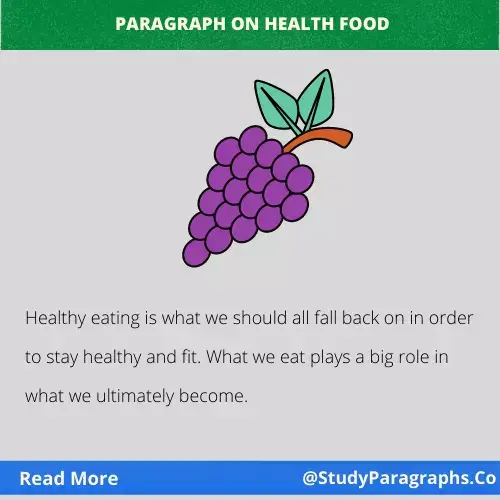Pros and Cons of Vegetarianism Essay For students
More and more people these days are choosing not to eat meat and become vegetarians. But is being vegetarian only good, or does it also have disadvantages? In this essay, I will discuss some of the benefits and limitations of a vegetarian diet. Let’s look at both sides of this issue.
Advantages and Disadvantages of Vegetarianism Essay
Health Benefits of Vegetarianism
Eating only vegetables, fruits, grains, and milk products is definitely better for health in many ways. Vegetarians are at lower risk of life-threatening diseases like heart problems and diabetes. Meat has higher amounts of saturated fat and cholesterol, which can clog arteries if consumed regularly. Plants have fibers that help digestion too.
Studies also show vegetarians weigh less on average and don’t struggle with obesity issues. A balanced vegetarian plate provides complete proteins from lentils, beans, nuts, etc. Iron and calcium lacking in meat can be made up through green veggies and dairy respectively. Colorful fruits and veggies fill the body with antioxidants and immunity-boosting vitamins too. It’s no wonder many athletes, like champions, also follow vegetarian meals!
Animal Welfare and Environment Protection
Another big benefit is avoiding harm to animals due to meat consumption. As vegetarians, we don’t contribute to crowded farms, keeping animals confined in small spaces just for slaughter. Meat production has a large carbon footprint, impacting climate change also. Spared lands can be used to grow more plant crops for direct human consumption. It means using fewer natural resources needed to rear meat livestock.
Easier on Pockets
While a well-planned vegetarian meal needs planning, food items like lentils, rice and seasonal fruits/veggies cost much less than meat in the market. Vegetarian recipes use basic lentil curries, salads, sandwiches, and homemade soups which are cheaper to prepare daily compared to non-veg dishes. Remaining healthy becomes affordable on a vegetarian budget.
Some Challenges of Vegetarianism
At the same time, being vegetarian has certain limitations, too, if not done carefully. Some key nutritional requirements like protein, iron, vitamin B12, zinc, omega-3s, and calcium need extra attention in a vegetarian diet. Mere avoidance of meat is incomplete without filling these gaps through alternative sources.
Cooking separate vegetarian meals may seem difficult when the family eats a mixed diet. Social settings involving barbecues or festivities can pose tricky situations unless hosts are sensitive. Long-distance traveling while sticking to veg food may limit the options available. Children need more calories for growth, so their plates require extra planning with satisfying yet healthy veg delicacies.
Lacto-vegetarianism solves some issues by including milk, but total vegans face more challenges obtaining complete balanced nutrition. Strict avoidance of all animal products may risk deficiencies without medical guidance. Supplements are sometimes needed for vegans, along with cautious pregnancy diets.
Conclusion
In conclusion, a balanced vegetarian meal planned thoughtfully offers health perks but loses merits without alternative supplementation. Like everything, moderation is key here. But we can enjoy diverse veg dishes and lead a healthy lifestyle with little adjustments. And that is surely better for the environment and animals too.

Hello! Welcome to my Blog StudyParagraphs.co. My name is Angelina. I am a college professor. I love reading writing for kids students. This blog is full with valuable knowledge for all class students. Thank you for reading my articles.


